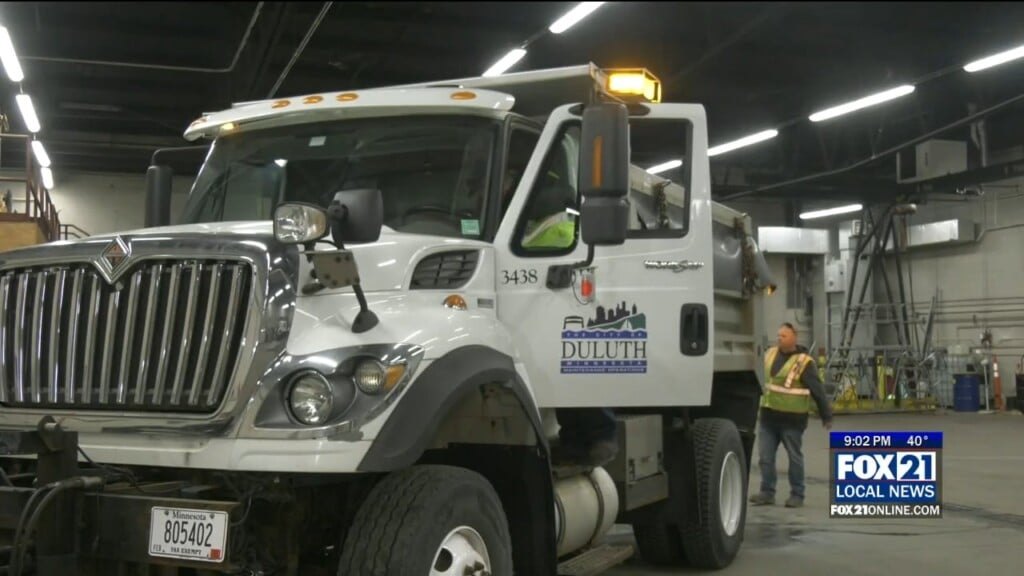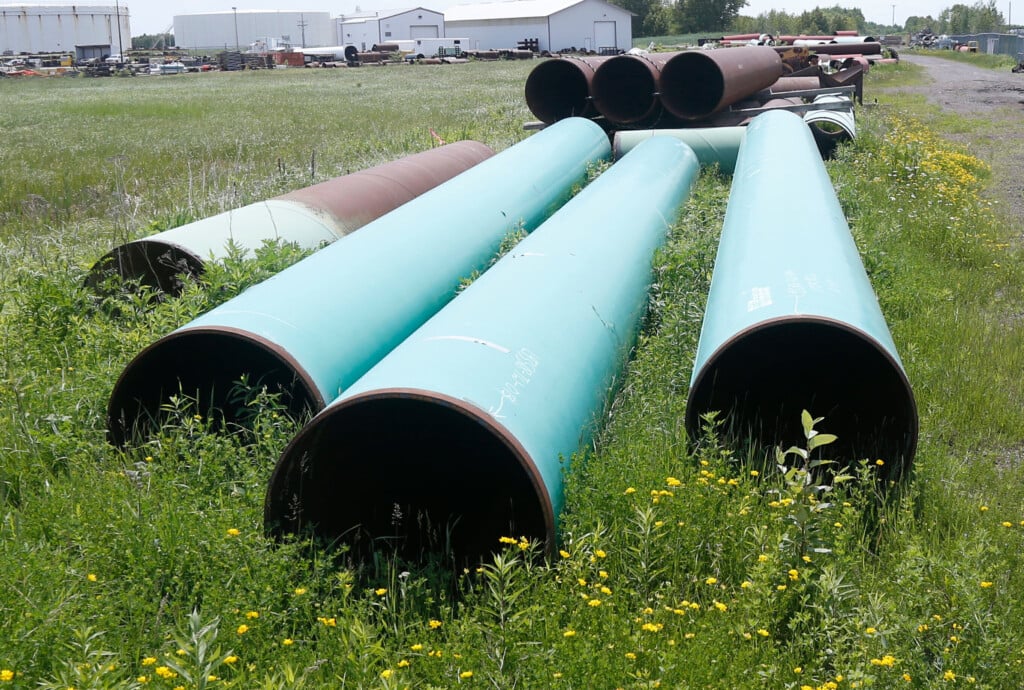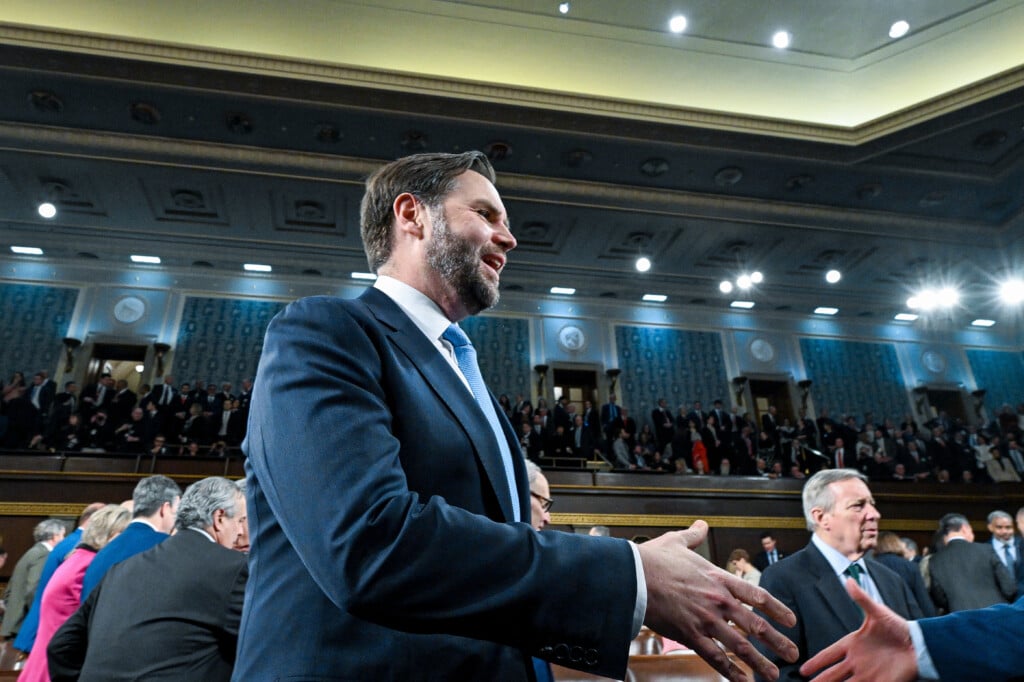Superior Council Debates How To Fund Lead Pipe Replacements
SUPERIOR, Wisc. — The Superior City Council had quite the lengthy discussion Tuesday night on whether to support a change to state statute that would allow federal dollars into the city to help replace lead water pipes.
The discussion went on so long that a vote will happen at the next council meeting Feb. 18.
The change in state statute would allow private companies, such as utility company Superior Water Light and Power, to access federal grant money that can be used to replace the lead water pipes of their customers.
However, councilors who oppose the change say the Superior residents currently have some of the highest utility bills in the state, and giving more money to Superior Water Light and Power is like rewarding those rates.
Council Brent Fennessey supports the change described his intention like this:
“It’s really one sentence in state statute that limits the city of Superior from receiving federal dollars for lead line replacement. And because we’re the unique municipality that where our water utility is publicly or privately owned instead of publicly owned. And so, that prevents us from accessing those federal grants. That change, what that would do is allow them to receive the funds, replace the lines for the customer, and then hope that they get the reimbursement back from grants. And if not, then, you know, it would be back on the homeowner. But it’s much better than 100% on the homeowner.”
Mayor Jim Paine is a main critic of the resolution and the bill itself. He says the city should not be relying on a private company to handle such critical repairs.
“We’re the last private water utility in the state. Shouldn’t be private. The people of Superior should own their own water. That’s our water. We should own it. And we can do what every other city in this state has done and acquire it. And so that’s what we’re going to work on. Again, the bill that they want us to support does not replace lead lines. It does not, it does not lower rates for homeowners. If they wanted to do that, they would have done it. They’re perfectly capable. They’ve refused. This is just about funding more money to a private utility,” Paine said.







